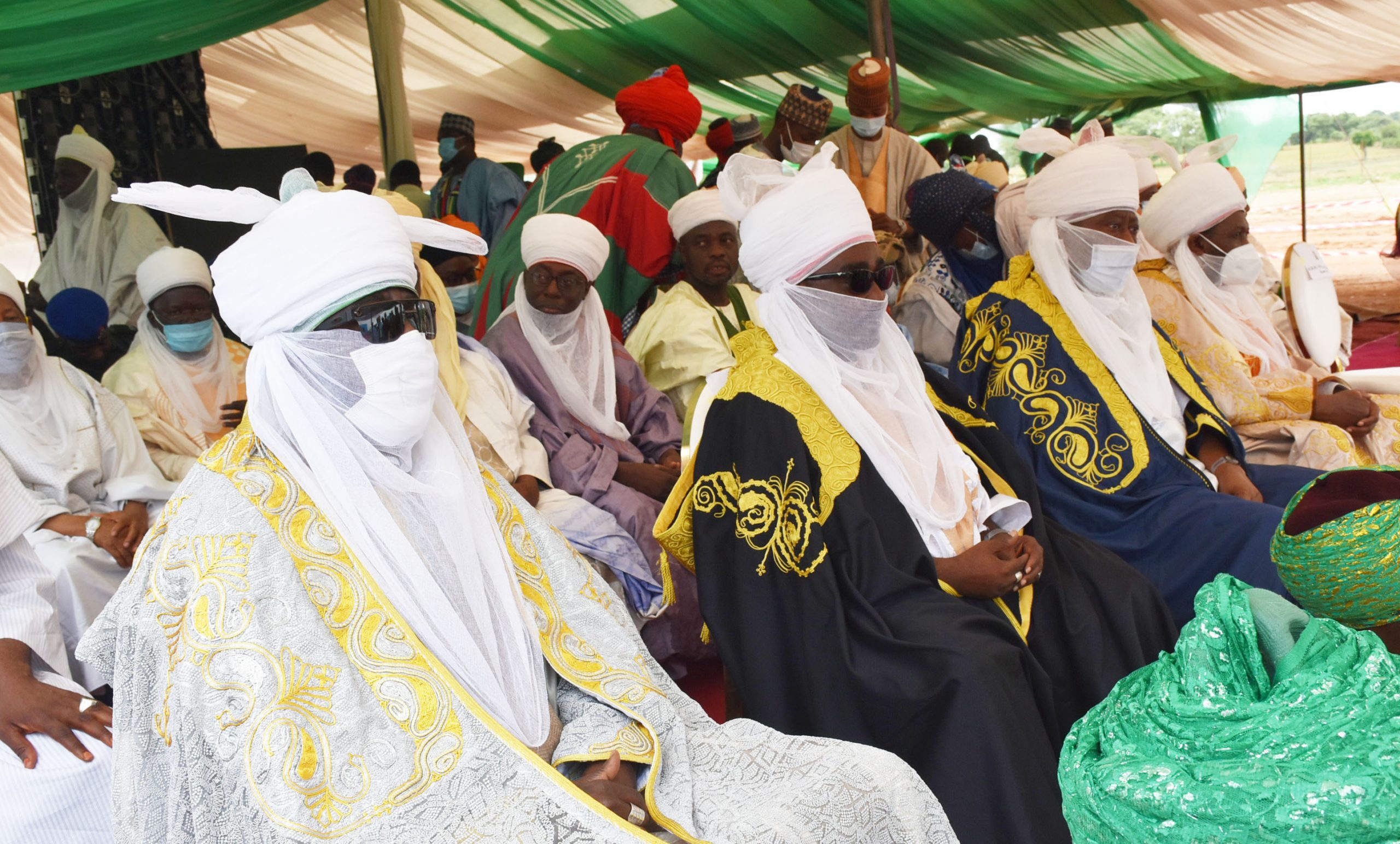As parts of efforts to enhance the livelihood of the people in the season of celebration, the Ikuru Town Host Community Development Trust (HCDT), has distributed christmas packages worth about N50m to the people of the trust.
The condiments, including 10kg of rice, vegetable oil, tin tomato, and maggi cubes were distributed to over 2,500 households in Ikuru Town community.
The HCDT also issued start-up grants of N200,000 alongside starter-packs to each of the 13 graduands of its Skill Acquisition Programme.
Speaking to journalists at the Ikuru Town HCDT Community Town Hall meeting and Sharing of Livelihood Support Items programme, in Ikuru Town, Andoni, Rivers State, Monday, the Chairman, Ikuru Town HCDT, Prof. Lysias D Gilbert, said the gesture was the birth of the 3% derivative of the Petroleum Industry Act (PIA) of Its settlors, the Green Energy International Limited and Lekoil (GEIL/LEKOIL JV).
Gilbert who noted with dismay the high rate of poverty in the country opined that some households may be unable to afford the condiments of the season, insisting that the gesture was to fill the gap for such households and individuals.
According to him, the Ikuru Town HCDT is aimed at developing the community and boosting the livelihood of its people.
“Remember, the rate of poverty in Nigeria is high. A lot of people cannot even afford a cup of rice in December like this. We have come to share these condiments to well about 2,500 households. To those who are living on their own in the community including single mothers and widows. This is to put smiles on their faces, giving them hope that the community has not forgotten them”.
Gilbert said that the HCDT, as part of its empowerment programme for the youths of the community, trained 13 youths comprising of males and females in different skills of pipefitting, hairstyling, photography/video editing, fashion designing, mobile phone repair, welding and fabrication and hair cutting.
In his words “we empowered 13 persons. We picked 15 of our youths, took them to PortHarcourt for a period of 12 months.
We rented an apartment for them, one for the boys and another for the ladies, paid them stipends to enable them feed and transport themselves, and trained them in these different skills”.
Out of the 15, 13 of them successfully graduated and some of them have secured jobs with reputable companies based on their acquired skills. We took them from the community, so, today, we have brought them back to the community, to present them as parts of our achievements in 2025″.
While noting that the HCDT had been consistent in the gestures for the past three years, Gilbert urged the beneficiaries to maximise the opportunity for their individual growth and community development.
He further outlined the HCDT’s achievements to include the community legacy water project which he said would be commissioned before the end of the first quarter, renovation and refurbishment of the community’s secondary school and public toilets, employment of six auxiliary teachers to support the teaching staff in the primary and secondary schools, award of bursary to 801 beneficiaries across all educational levels amongst others.
Beneficiaries of the livelihood support and skill acquisition programme lauded the Ikuru Town HCDT for the gestures and called for continuity.
A graduand in fashion designing, Julia Raymond, said “on behalf of the trainees, I say a very big thank you to the Ikuru Town HCDT. They were there for us at every level of our training. We have acquired a lifetime skill that can sustain us with our parents and siblings and it has been beneficial to us especially in this festive period. I can assure the HCDT that we will make good use of the opportunity “.
Earlier, the Okan-Ama of Ikuru Town, HRM King Miller Aaron Ikuru, expressed gratitude for the peace that has prevailed in the community insisting that it has paved the way for the event of the day.
Represented by the Deputy Okan-Ama, Ikuru Town, Sir Chief Micheal Williams Omayi, King Ikuru said “for today, to God be the glory because peace has finally returned to Ikuru Town. I call on everyone for cooperation and understanding so that we can forge ahead to achieve the developmental process in Ikuru Town.
“The HCDT has done very well to boost the skills of the youths. I encourage the graduands to take the skills seriously for their betterment “.
More Vibrant Businesses In 2016- MD
Chidi Enyie
A Por Harcourt based businessman, Chinonye Okoha Esq has said that businesses in Nigeria are likely to prosper in 2026 following the Federal Government’s policy reforms.
Mr. Okoha who stated that while speaking with journalist in Port Harcourt on New Year day, remarked that despite initial hiccups at the beginning of the present administration, the economy had gradually bounced back.
He said he was optimistic that the Renewed Hope Agenda would fix the economy in a short time.
He said that the spiral inflation had ebbed drastically giving way for a economic growth.
Mr. Okoha noted the prices of commodities that soared as a result of fuel subsidy had become more stable in recent times.
He encouraged Nigerians to support the present administration so it could deliver the necessary dividends of democracy.
According to him, it is likely that if President Ahmed Bola Tinunu’s administration is encouraged to achieve its vision for the country, the Nigerian economy will bounce back and the country will be a desired business destination.
He condemned the restiveness in the North and noted that such things were setting the country back.
He pointed out that Nigeria would be a better business destination if the activities of the bandits were halted.
He lauded the present administration for its plan to fix the Nigerian economy.





